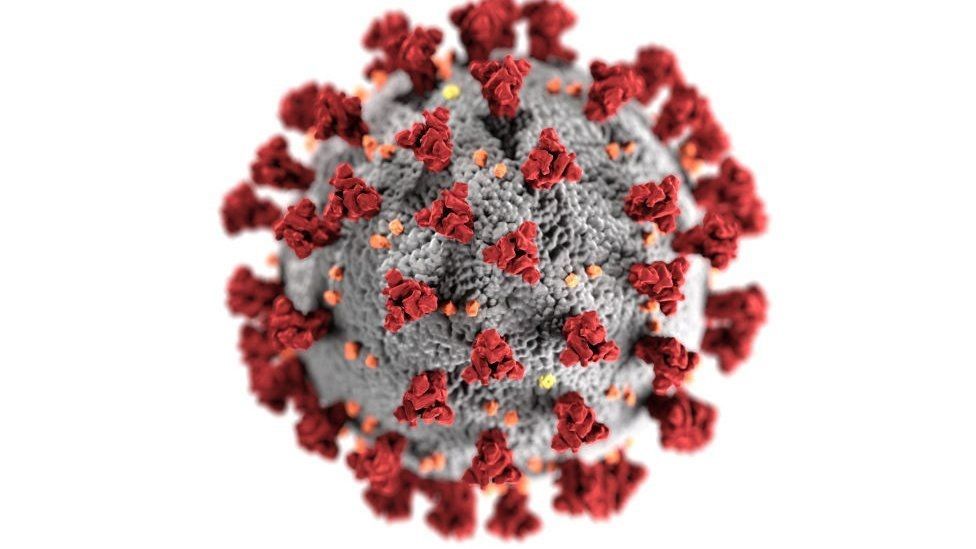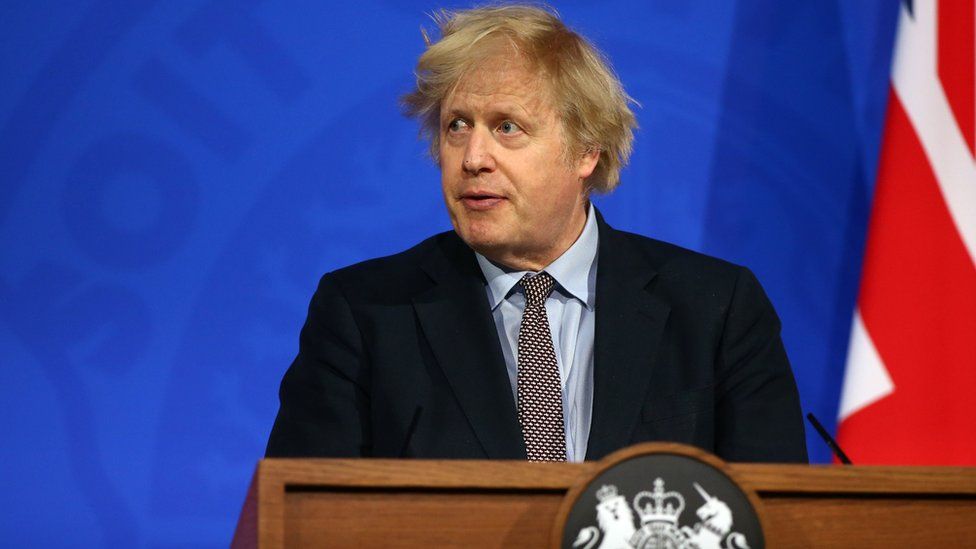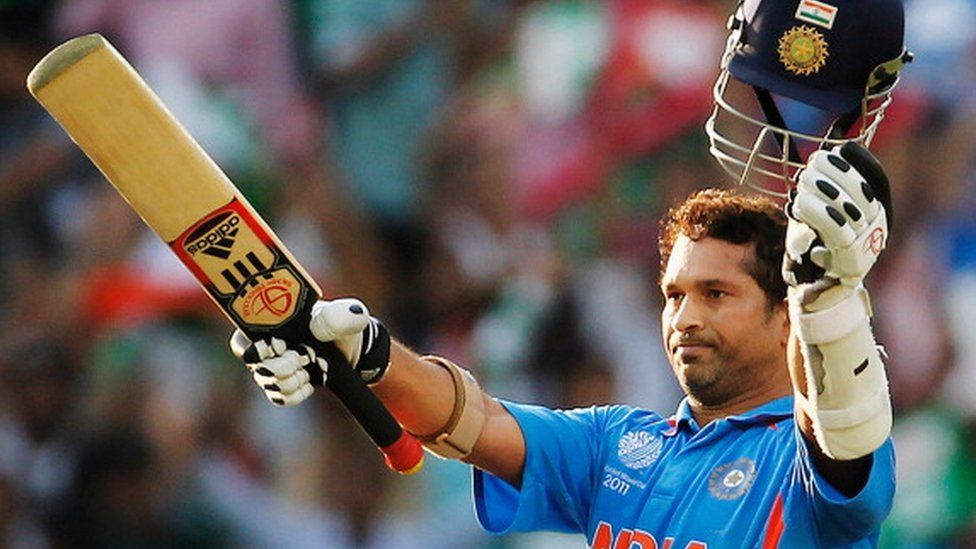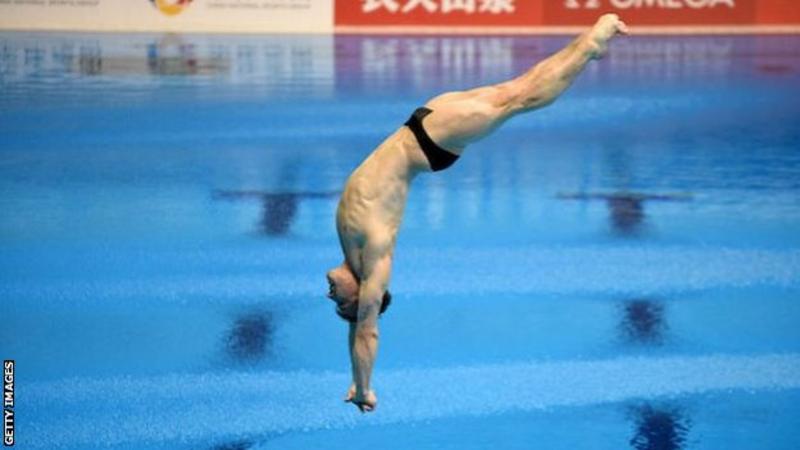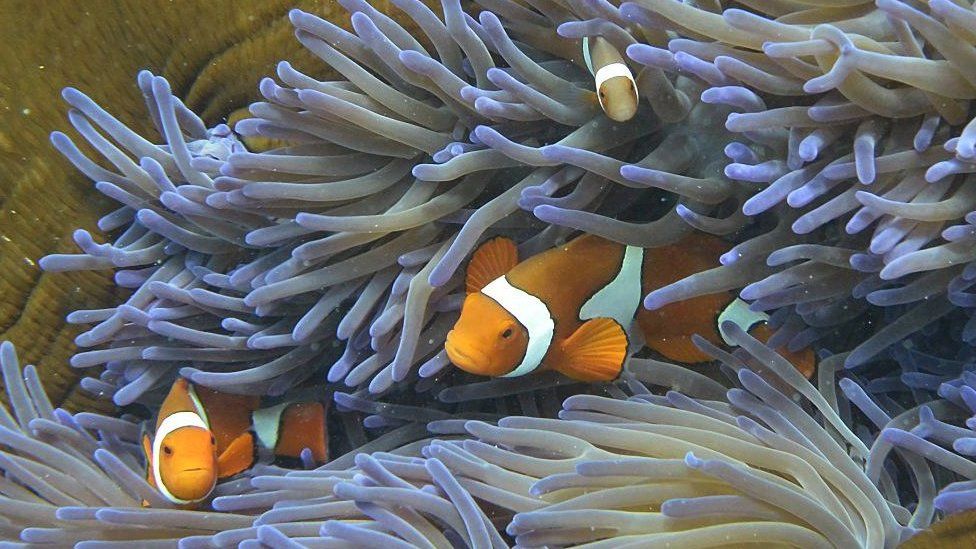The autistic teen jailed for a social media post in Cambodia

By Mech Dara & George Wright, Sept. 21: In June, an autistic Cambodian teenager was arrested after writing a message on Telegram that allegedly insulted ruling party officials. He has not seen his family since. UN experts have said they are "deeply disturbed" by the case and are calling for his release.
Life hasn't been easy for 16-year-old Kak Sovann Chhay.
He has autism and his family says he barely spoke until he was nine. At school in the Cambodian capital, Phnom Penh, other children would mock him, and he would usually spend his lunchtimes alone, clearing up rubbish on the playground to kill time.
"When he talks with us, he only says one or two words," says his mother, Prum Chantha, a human rights activist.
"When it's time for his meal, he comes down and then goes straight back up."
Although a boy of few words, Sovann Chhay developed a passion for politics and Cambodian history - little surprise given his family history.
His father, Kak Komphear, who is currently jailed, was a senior member of the Cambodia National Rescue Party (CNRP), the country's outlawed political opposition. Komphear would take his son to opposition party events.
Sovann Chhay decked out his bedroom with CNRP flags, alongside other memorabilia including pictures of Jayavarman VII, the most powerful king of the Khmer Empire. But now his bedroom is a cramped jail cell which he shares with around 20 others. He hasn't seen his family in almost three months.
He was arrested after getting into an argument on a message group on the Telegram app. The contents of the conversation are not fully clear, but Chantha says her son reacted angrily when a pro-ruling party member of the group called her husband a traitor. The man, a Cambodian living in Canada, then forwarded the messages to authorities, according to the teenager's lawyer.
An hour later, around 20 police officers surrounded the family home, some with AK-47s. Six officers entered the house without a warrant, put Sovann Chhay in handcuffs and dragged him into a waiting car, Chantha says.
The 16-year-old was accused of insulting government leaders. He was charged with incitement and insulting public officials and faces up to two years in jail.
This is not the first time Sovann Chhay has been targeted.
He was also arrested in October after climbing into the CNRP's abandoned former headquarters to collect flags for his room. He was released two days later, but only after government mouthpiece Fresh News broadcasted a "confession" in which he apologised for "causing mischief".
And in April, he was admitted to hospital with a fractured skull after two men on a motorbike hit him with a brick. The assailants have not been found, but the attack bore similarities to recent ones against opposition supporters.
His father is among the more than 150 opposition figures facing a closed-door trial for allegedly plotting the overthrow of the ruling party, led by Prime Minister Hun Sen, one of the world's longest-serving leaders.
In power for 36 years, he has clamped down on any kind of opposition, jailing many of those seeking to oppose him. The CNRP was outlawed in 2017 and Cambodia effectively became a one-party state.
Chantha, who has protested for the release of opposition politicians like her husband, believes her son is being targeted due to his parents being vocal critics of the ruling party.
"Now I have lost the breadwinner of the family and my child," she says. "They want to break my spirit and send a message to other people. They want to show that they are untouchable and if anyone dares to touch them, they will end up like me.
"But I still dare to talk, express my views and protest."
A Justice Ministry spokesman did not respond to a request for comment from the BBC.
But Phnom Penh Municipal Police spokesman San Sokseyha told Voice of Democracy in June that the arrest and detention of the teenager was in line with the law.
"If there was no incitement or insult, no one would have arrested him. Otherwise, all people would be arrested," he said.
However, Chak Sopheap, executive director of the Cambodian Centre for Human Rights, says Sovann Chhay's case shows the "witch hunt" against opposition members and sympathisers as well as their relatives "appears to know no limits".
"This case shows the extreme lengths to which the [government] is willing to go to suppress any form of opposition and critics to tighten its grip on power, even if it means jailing disabled children in complete disregard for their most fundamental rights."
Mu Sochua, vice president of the CNRP, who is exiled in the United States, says Sovann Chhay's case illustrates the insecurity of the ruling party, particularly Hun Sen.
"I think this is someone who is very insecure emotionally and psychologically, which is pretty much a problem with all dictators."
The teenager's lawyer, Sam Sokong, is the only person permitted to visit him in jail.
"He cannot sleep, so he sits and sings songs every night and other prisoners get angry with him. We are concerned they could hurt him," Mr Sokong says.
He added that he asked the court to take Sovann Chhay's autism into account when assessing the case, but this was rejected on the grounds that the request was filed too late. He disputes this, stating he made the judge aware of this in advance.
Sovann Chhay's trial starts on 29 September.
Chantha is just one of the hundreds of family members affected by the Cambodian government's relentless targeting of its critics.
Ly Sany, 21, is the daughter of Pai Ren, a CNRP activist who was jailed in December for taking part in rallies calling for the release of other opposition members targeted on similar charges.
Sany knows Sovann Chhay, who she describes as a gentle but passionate boy.
"He loves his compatriots and old songs. He is different from other kids who are just interested in having fun," she says.
The aim of the Cambodian government to intimidate its critics is clear, Sany says, but she says it could have the opposite effect.
"We haven't seen many countries that would do this to a young person," she says.
"Some people are scared and concerned about this, but other people are not afraid. This could even make more people resist and stand up."
Recent News

Do not make expressions casting dout on election: EC
14 Apr, 2022
CM Bhatta says may New Year 2079 BS inspire positive thinking
14 Apr, 2022
Three new cases, 44 recoveries in 24 hours
14 Apr, 2022
689 climbers of 84 teams so far acquire permits for climbing various peaks this spring season
14 Apr, 2022
How the rising cost of living crisis is impacting Nepal
14 Apr, 2022
US military confirms an interstellar meteor collided with Earth
14 Apr, 2022
Valneva Covid vaccine approved for use in UK
14 Apr, 2022
Chair Prachanda highlights need of unity among Maoist, Communist forces
14 Apr, 2022
Ranbir Kapoor and Alia Bhatt: Bollywood toasts star couple on wedding
14 Apr, 2022
President Bhandari confers decorations (Photo Feature)
14 Apr, 2022


